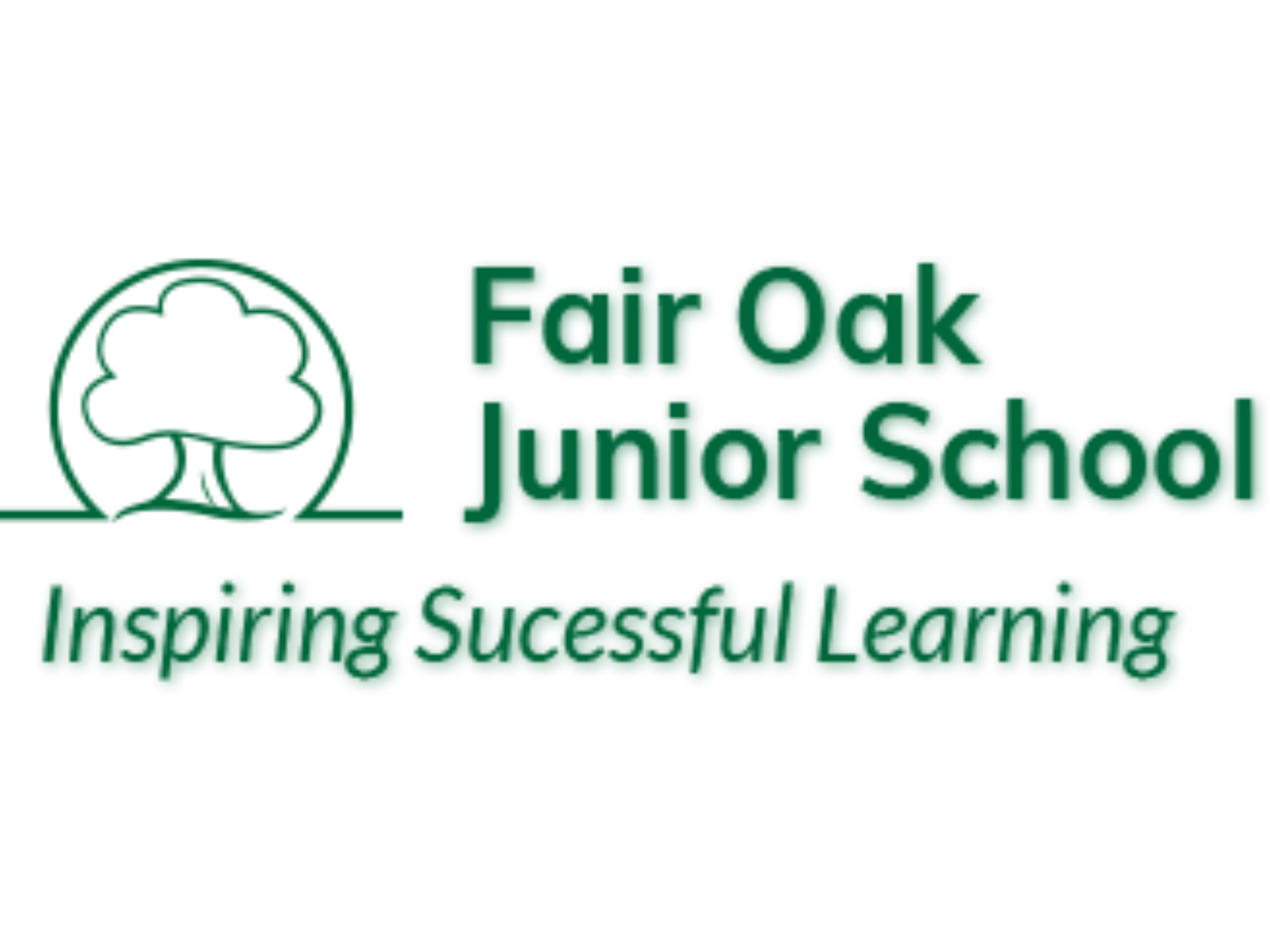Fundamental British Values
What Are Fundamental British Values?
The Department for Education (DfE) outlines five key British values that schools are expected to promote:
-
Democracy
Teaching students the importance of having a say in decisions and respecting the views of others. -
The Rule of Law
Helping children understand why rules and laws are important, how they protect us, and the consequences of breaking them. -
Individual Liberty
Encouraging students to make choices in a safe and supportive environment, and helping them understand their rights and freedoms. -
Mutual Respect
Instilling the importance of showing respect and kindness to others, regardless of differences. -
Tolerance of Different Faiths and Beliefs
Teaching children to appreciate and celebrate cultural and religious diversity in their school and community.
At Fair Oak Junior School, we are dedicated to promoting Fundamental British Values to help our students grow into confident, respectful, and responsible members of society. These values are woven into our curriculum, activities, and school ethos.
Below, you will see some of the ways we capture and promote these values.
Democracy

- We use the language of learning values through our house point system – school council involved in establishing
- Children have the opportunity to share their ideas through school councillors and their meetings as well as JRSOs.
- Pupils are also listened to by adults and are taught to listen carefully and with concern for each other, respecting the right of every individual to have their opinions and voices heard.
- Pupils are asked questions about their learning in pupil conferencing sessions. These are conducted by different members of staff, governors and local authority inspectors. We seek their views to improve our school.
- Pupils also have the opportunity to apply for positions such Sports Leaders, School Councillors and some children who have applied for school councillor are offered the opportunity to become Junior Road Safety Officers.
Rule of Law

- The importance of the rule of law, across our society is key. Rules and laws are key to the success of children within the class, the school, or the country; they are consistently reinforced throughout regular school days, as well as when dealing with behaviour and through school assemblies. Pupils are taught the value and reasons behind laws, that they govern and protect us, the responsibilities that this involves and the consequences when laws are broken. This is backed up by a clear behaviour system, comprising of house points and a clear process for restoration when rules are broken. Please see our Behaviour, Exclusions and Anti-Bullying policies which clearly share FOJS’ procedures.
- Our curriculum, particularly history, looks at law in different historical societies. In year 6, children learn develop their knowledge through the unit ‘crime and punishment’. The entire unit is built around understanding the historical development of laws and punishments, fostering respect for the legal system. It discusses historical periods like the Bloody Code and the evolution of justice systems, demonstrating the significance of the rule of law in maintaining order.
Individual Liberty

- Children are actively encouraged to make choices, knowing that they are in a safe and supportive environment.
- We educate and provide boundaries for young children to make choices safely, through our provision of a safe environment
- Children are encouraged to know, understand and exercise their rights and personal freedoms.
- They are taught how to use their choices and freedoms safely though our curriculum in areas such as e-safety, anti-bullying and drugs awareness education.
- Children consider the concept of fairness and personal freedoms and this allows children to think critically about liberty and its boundaries
Mutual Respect

- Respect is key to our school values. Children can earn house points for their integrity and as such is celebrated.
- Secret students are used within the classroom and celebrated by others.
- Through sport, a theme of fair play is encouraged when competing both intra and inter schools.
- We take pride in modelling manners and being courteous to each other. This is frequently commented on by visitors.
- Weekly ‘Celebration Assemblies’ promote individual achievement, as well as developing respect for one another’s achievements.
Tolerance

- At FOJS, we have a variety of cultural beliefs amongst our pupils and staff. Although broadly Christian in ethos, we strongly promote diversity with the children. Assemblies are regularly planned to address this through the inclusion of stories, discussions, visitors and learning about celebrations from a variety of faiths and cultures. Our RE teaching also reinforces this. Children visit places of worship that are important to different faiths where possible.
- We will actively challenge pupils, staff or parents expressing opinions contrary to fundamental British Values, including ‘extremist’ views.
Being Part of Britain

- As a school, we value and celebrate being part of Britain. In general terms, this means that we celebrate traditions, such as customs in the course of the year; for example, Remembrance Day, Children in Need, Comic Relief, Harvest festival, Guy Fawkes night, Shakespeare week, General Elections and news items, Sports Day, Christmas plays and celebrating one off events such as the queen’s jubilee.
- Children learn about being part of Britain through our curriculum. Geographically, our pupils learn about the physical and locational elements of Britain, such as its capital cities and counties, its rivers and mountains, its make-up of countries, and where Britain is in relation to the rest of Europe and other countries in the world.
- Historically, children learn about different periods in History, and how our British culture and way of life has been shaped by events in the past. This might also include inventions, discoveries, explorers, scientists, writers and artists.
